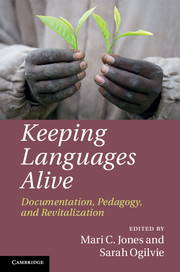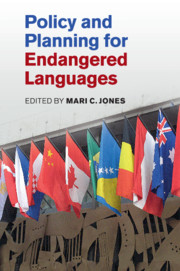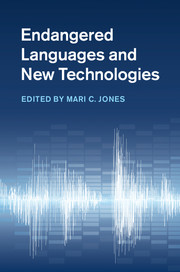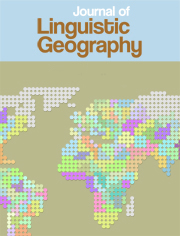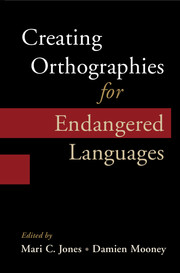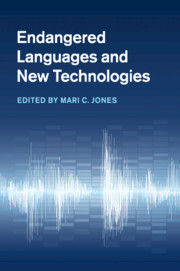Keeping Languages Alive
Many of the world's languages have diminishing numbers of speakers and are in danger of falling silent. Around the globe, a large body of linguists are collaborating with members of indigenous communities to keep these languages alive. Mindful that their work will be used by future speech communities to learn, teach and revitalise their languages, scholars face new challenges in the way they gather materials and in the way they present their findings. This volume discusses current efforts to record, collect and archive endangered languages in traditional and new media that will support future language learners and speakers. Chapters are written by academics working in the field of language endangerment and also by indigenous people working 'at the coalface' of language support and maintenance. Keeping Languages Alive is a must-read for researchers in language documentation, language typology and linguistic anthropology.
- Includes contributors from North America, Australia and Europe so that readers can learn about a wide range of indigenous languages
- Contains contributions from members of indigenous communities and academics, giving the reader insight into the documentation and revitalisation process from both the perspective of the speaker and the linguist
- Contains new and up-to-date research
Product details
December 2013Hardback
9781107029064
284 pages
229 × 152 × 18 mm
0.55kg
30 b/w illus. 3 maps 4 tables
Available
Table of Contents
- Part I. Documentation:
- 1. Language documentation and meta-documentation Peter K. Austin
- 2. A psycholinguistic assessment of language change in Eastern Indonesia: evidence from the HALA Project Amanda Hamilton, Jawee Perla and Laura Robinson
- 3. Documentation for endangered sign languages: the case of Mardin sign language Ulrike Zeshan and Hasan Dikyuva
- 4. Re-imagining documentary linguistics as a revitalisation-driven practice David Nathan and Meili Fang
- 5. Language documentation and community interests John Henderson
- 6. American Indian sign language documentary linguistic fieldwork and digital archive Jeffrey Davis
- 7. Purism in language documentation and description Michael Riessler and Elena Karvovskaya
- 8. Greek-speaking enclaves in Pontus today: the documentation and revitalisation of Romeyka Ioanna Sitaridou
- Part II. Pedagogy:
- 9. New technologies and pedagogy in language revitalisation: the case of Te Reo Māori in Aotearoa/New Zealand Tania Ka'ai, John Moorfield and Muiris Ó Laoire
- 10. Teaching an endangered language in virtual reality Hanna Outakosko
- 11. A nomadic school in Siberia among Evenk reindeer herders Alexandra Lavrillier
- 12. Task-based language teaching practices that support Salish language revitalisation Arieh Sherris, Tachini Pete, Lynn Thompson and Erin Haynes
- Part IV. Revitalisation:
- 13. Speakers and language revitalisation: a case study of Guernesiais (Guernsey) Julia Sallabank and Yan Marquis
- 14. On the revitalisation of a 'treasure language': the Rama language project of Nicaragua Colette Grinevald and Bénédicte Pivot
- 15. Whistled languages: including Greek in the continuum of endangerment situations and revitalisation strategies Maria Kouneli, Julien Meyer and Andrew Nevins
- 16. What is revitalisation really about? Competing language revitalisation movements in Provence James Costa and Médéric Gasquet-Cyrus
- Bibliography
- Index.

